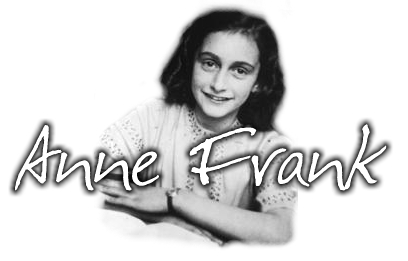
Debbie's childhood friend from Yeshiva school, Lauren, who is now known as Shoshana, is visiting from Jerusalem with her husband, Mark, who has adopted the name, Yerucham. The story is told by a first-person present narrator who is married to Debbie and they live together in South Florida. Like Carver's story, "What We Talk About When We Talk About Love," Englander's story centers around two middle-aged married couples sitting around a table and sharing a bottle of liquor (in Carver's story, it is gin and in Englander's, vodka and pot). "What We Talk About When We Talk About Anne Frank" was originally published in the Decemedition of The New Yorker and was included in The Best American Short Stories of 2012.Englander's collection was awarded the 2012 Frank O'Connor International Short Story Award. The book was a finalist for the Pulitzer Prize for Fiction, losing to Adam Johnson's The Orphan Master's Son. The title of the collection takes its influence from Raymond Carver's 1981 short story collection What We Talk About When We Talk About Love. The book was first published on Februthrough Knopf and collects eight of Englander's short stories, including the title story "What We Talk About When We Talk About Anne Frank." Beautiful and courageous, funny and achingly sad, Englander's work is a revelation.What We Talk About When We Talk About Anne Frank is a 2012 short story collection by the American writer Nathan Englander. And 'Everything I Know About My Family on My Mother's Side' is suffused with an intimacy and tenderness that break new ground for a writer who seems constantly to be expanding the parameters of what he can achieve in the short form. Marking a return to two of Englander's classic themes, 'Peep Show' and 'How We Avenged the Blums' wrestle with sexual longing and ingenuity in the face of adversity and peril. 'Sister Hills' chronicles the history of Israel's settlements from the eve of the Yom Kippur War through the present, a political fable constructed around the tale of two mothers who strike a terrible bargain to save a child. 'Free Fruit for Young Widows' is a small, sharp study in evil, lovingly told by a father to a son. In the outlandishly dark 'Camp Sundown' vigilante justice is undertaken by a group of geriatric campers in a bucolic summer enclave.

The title story, inspired by Raymond Carver's masterpiece, is a provocative portrait of two marriages in which the Holocaust is played out as a devastating parlor game. These eight new stories from the celebrated novelist and short-story writer Nathan Englander display a gifted young author grappling with the great questions of modern life, with a command of language and the imagination that place Englander at the very forefront of contemporary American fiction.


 0 kommentar(er)
0 kommentar(er)
